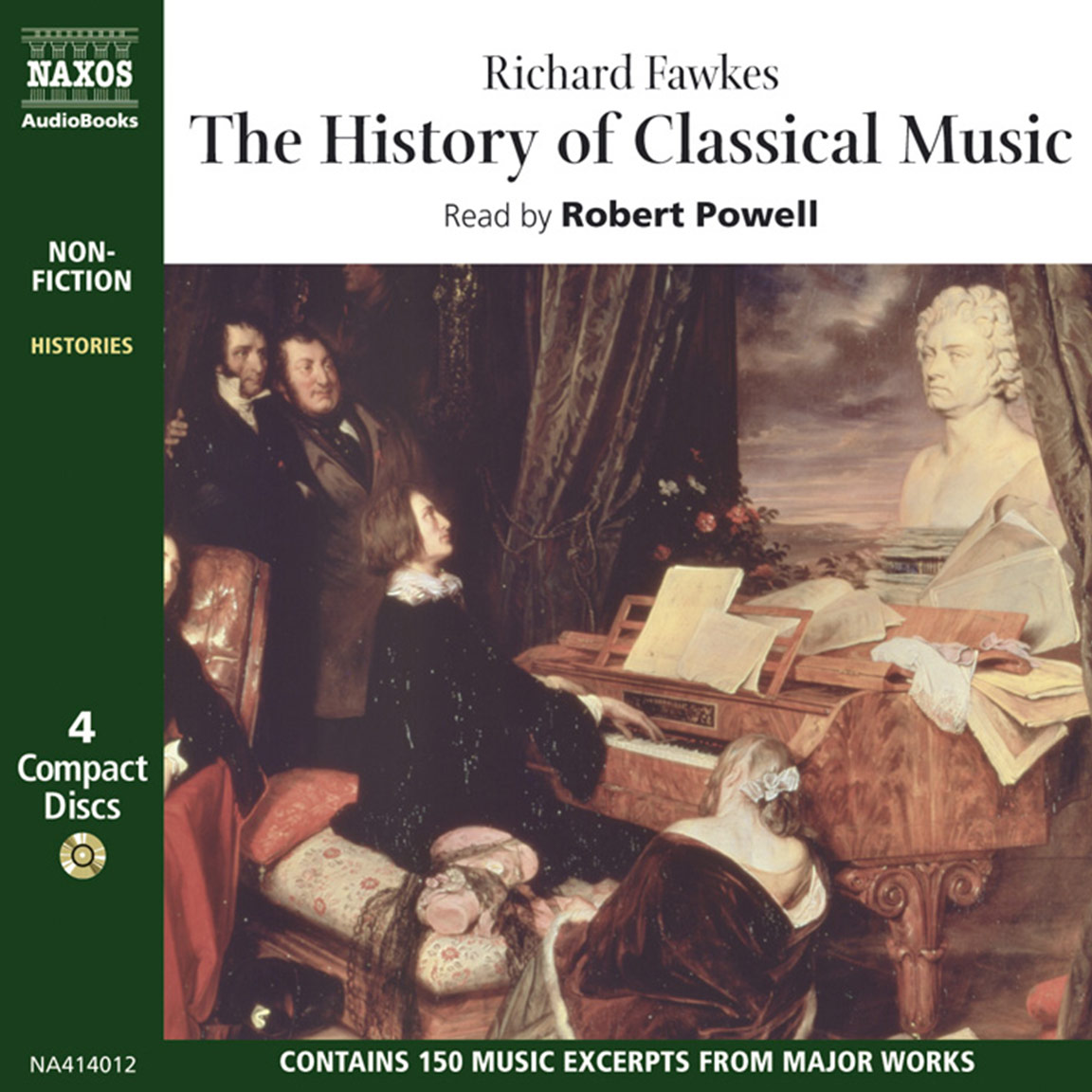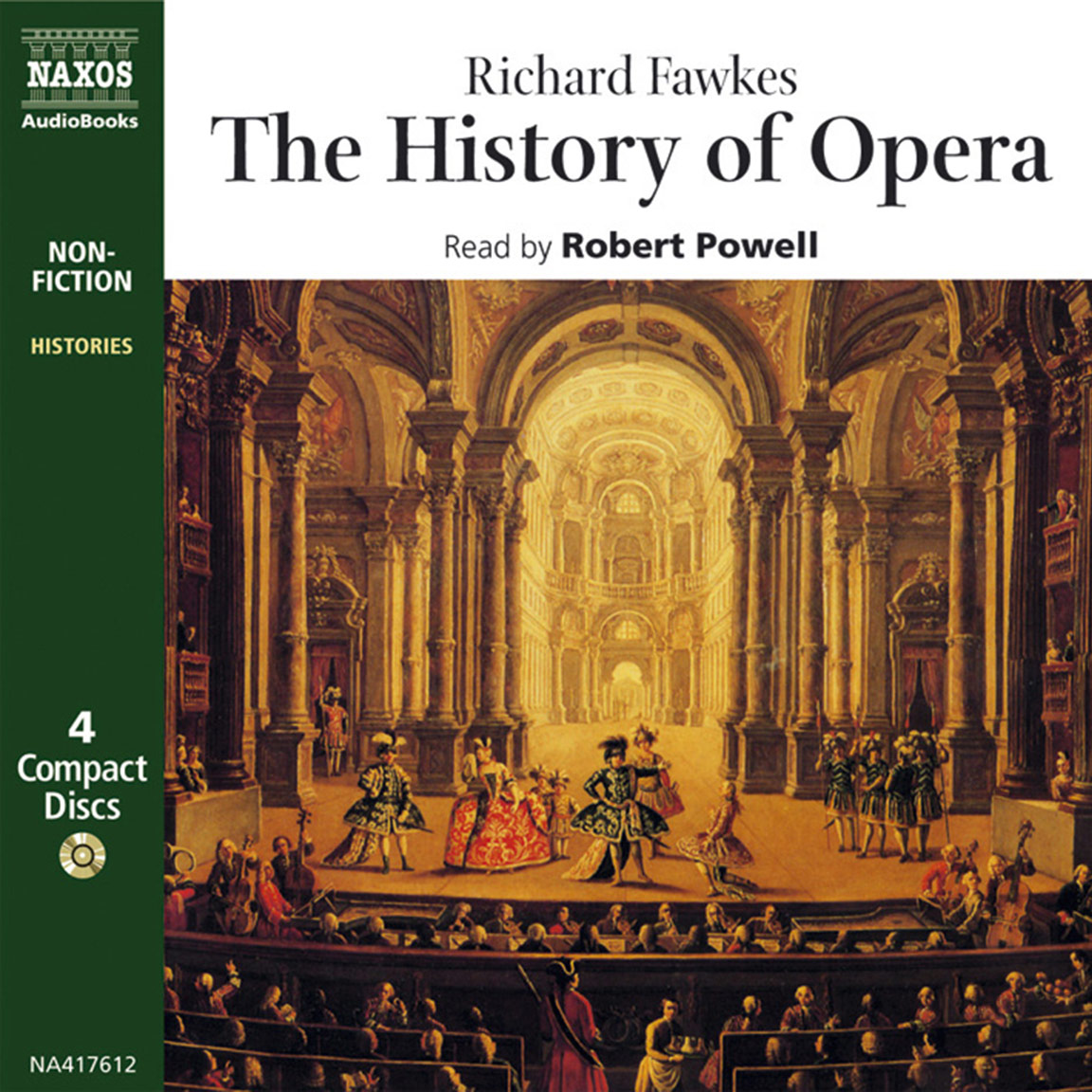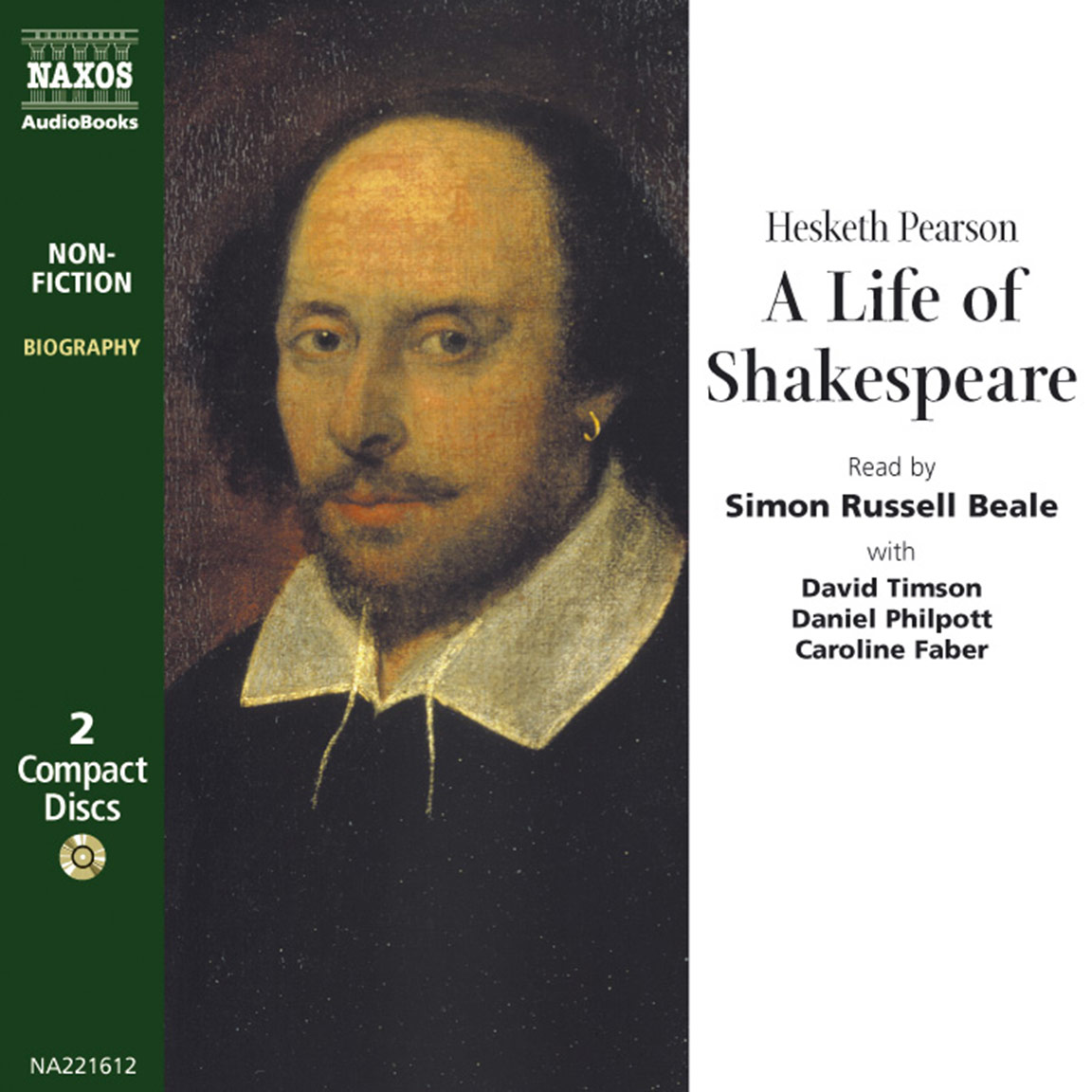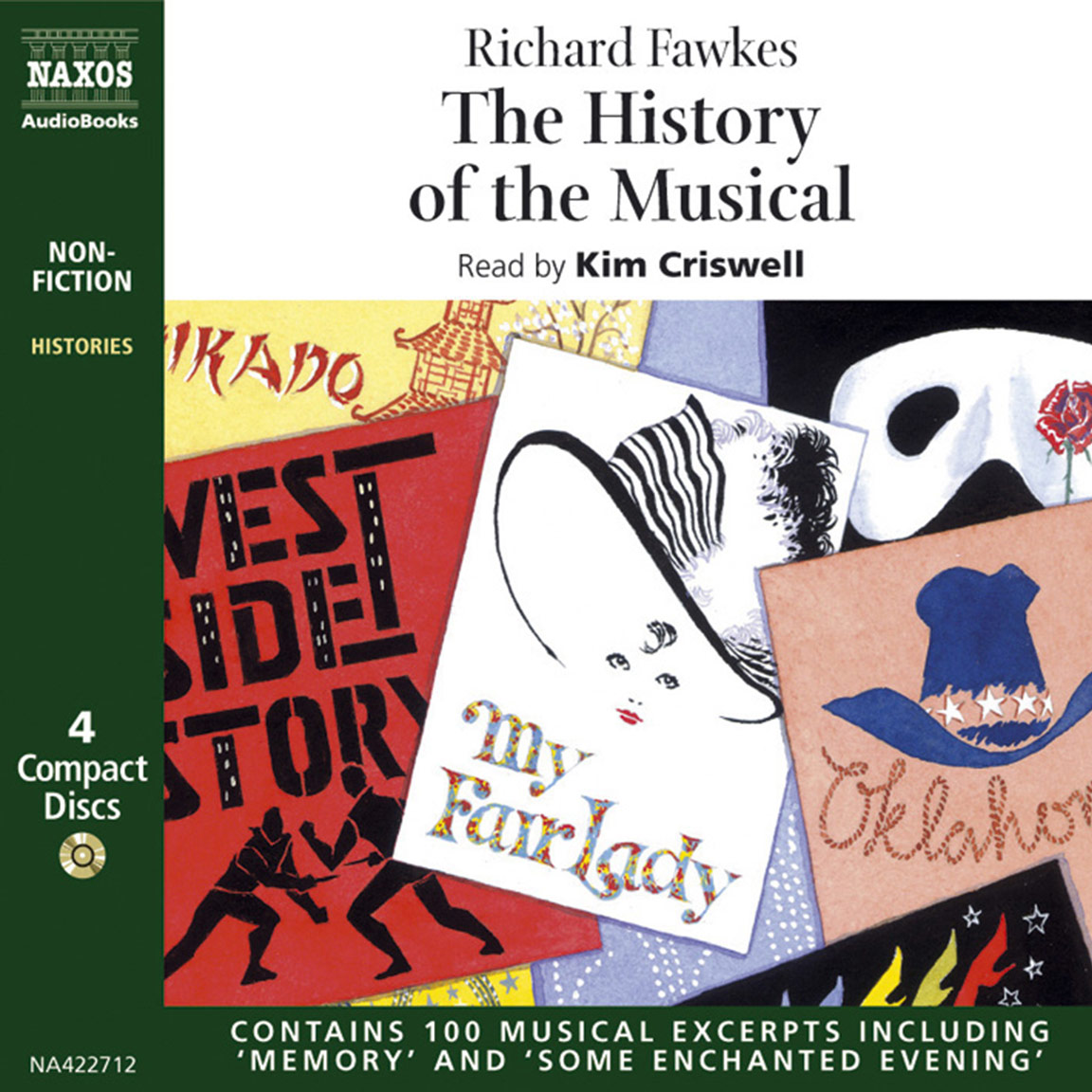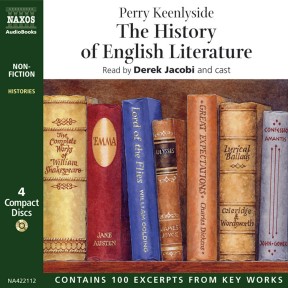
Audio Sample
Perry Keenlyside
The History of English Literature
Read by Derek Jacobi, John Shrapnel, Jonathan Keeble, Teresa Gallagher & Anton Lesser
unabridged
Perry Keenlyside tells the remarkable story of the world’s richest literary resource. The story-telling, the poetry, the growth of the novel and the great histories and essays which have informed the language and the imagination wherever English is spoken. This is the fourth in the Naxos AudioBooks Histories series.
-
Running Time: 5 h 17 m
More product details
Digital ISBN: 978-962-954-719-6 Cat. no.: NA422112 Download size: 77 MB Produced by: Nicolas Soames Edited by: Sarah Butcher BISAC: LIT004120 Released: September 2005 -
Listen to this title at Audible.com↗Listen to this title at the Naxos Spoken Word Library↗
Due to copyright, this title is not currently available in your region.
You May Also Enjoy
Booklet Notes
This is, inevitably, a very brief survey of English literature, and I had better say at once something about the limitations I have imposed upon myself. I begin in 1375 or so because Anglo-Saxon writing, however fine, is in a language which is pretty well unreadable except by those who have studied it; the first flowering of genius in something approaching modern English comes in the second half of the fourteenth century. You will not find here much mention of Irish, Scottish or Welsh writing: to do these literatures justice, each would require its own history, although I have of necessity mentioned such influential figures as Joyce and Yeats in Irish literature, or Dylan Thomas in Welsh. Were this to be a history of literature in English, I would obviously have had to include American and post- colonial writers (Eliot and James are present because they took British citizenship). Dramatists are treated briefly because the history of drama is a subject in itself – see David Timson’s History of Theatre on the Naxos label. The major exception to this rule is Shakespeare, because it seems to me that he belongs almost as much to literary culture – and, indeed, culture at large – as he does to drama in particular.
What is literature, and how does it differ from other kinds of writing?
Every literary enthusiast will have his or her favourite authors and texts, and I am well aware that some listeners will be disappointed, even outraged, by the omission of one or more of those favourites. I can only apologise, and confess that I have inevitably been influenced by my own particular loves, however hard I have striven to achieve balance. It would not take Sherlock Holmes (or indeed any great literary detective) to discover that Hardy, Chaucer, Austen and Larkin (to name but a few) are close to my heart… Perhaps I should also say here that literature, for me, has a great deal more to do with pleasure than with moral earnestness or the arrangement of authors in order of merit: if reading isn’t enjoyable – and even profoundly disturbing works like King Lear are, in a sense, enjoyable – then it is probably a pointless activity. If literature does modify life and how we live it, it can surely only do so through the medium of pleasurable appreciation.
I have tried to convey here something of the texts – and contexts – of the major writers in the English literary canon, quoting enough to give a flavour of each author and attempting to show a little of how they represent or express the age in which they lived. Many of us (myself included) find it helpful to be reminded who was alive and writing at a certain time, and who were his or her contemporaries: the very speed of this survey may provide a clearer overview of changes and developments through the centuries.
A history like this inevitably begs the question: what is literature, and how does it differ from other kinds of writing? It is impossible to provide a satisfactory short answer, but here goes… Literature is writing which is born of a consciously artistic intent to create something which not only expresses a perceived truth about the human condition, but also tries to do so in a manner which is aesthetically satisfying and productive of pleasure. Pamphlets, most journalism, this audiobook, etc., do not therefore qualify… And what (I hear you cry) are the distinguishing features of English literature, specifically? No space to do justice to this question, either, but perhaps it has something to do with its ability to range between the sublime and the everyday, the infinite and the particular: English literature that is overtly political or philosophical is rarely entirely successful – unlike, say, the French, the English have little taste for large abstract theories, and prefer to build from the ground upwards – from the quotidian to the universal. George Eliot, through the character of Dorothea Brooke in Middlemarch, expresses this tendency to perfection: the novel has a wide emotional, historical and intellectual scope, and yet its effects are repeatedly achieved through a particular and beautifully-rendered moment – the moment, perhaps, when Mrs Bulstrode comes quietly in to forgive her disgraced husband, or when Mr Casaubon’s repulsive coldness melts briefly as he sees and is touched by the youthful ardour and vulnerability of his watching wife.
The ‘plight’ of literature, or of the novel, or the poem, is often discussed nowadays, mainly because of the impact of other media and forms of entertainment: the very fact that this is an audiobook is revealing. Yet more books than ever before are being bought – if not always read – and there will, I believe, always be a hunger for imaginative writing which enlarges the mind or spirit, which gives a sense of shape or meaning to the complicated business of being alive. I hope that this history may make a small contribution to encouraging that process.

